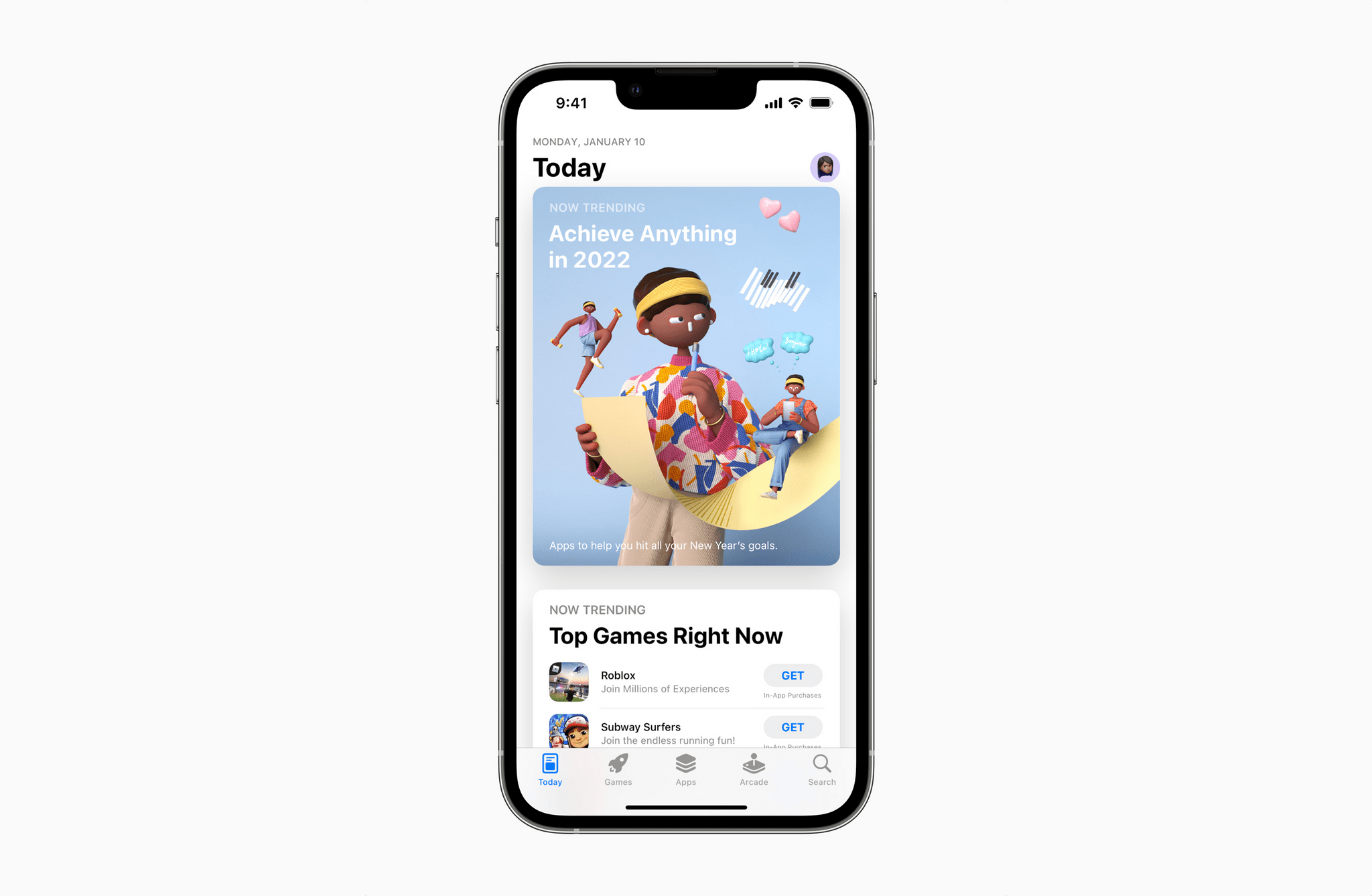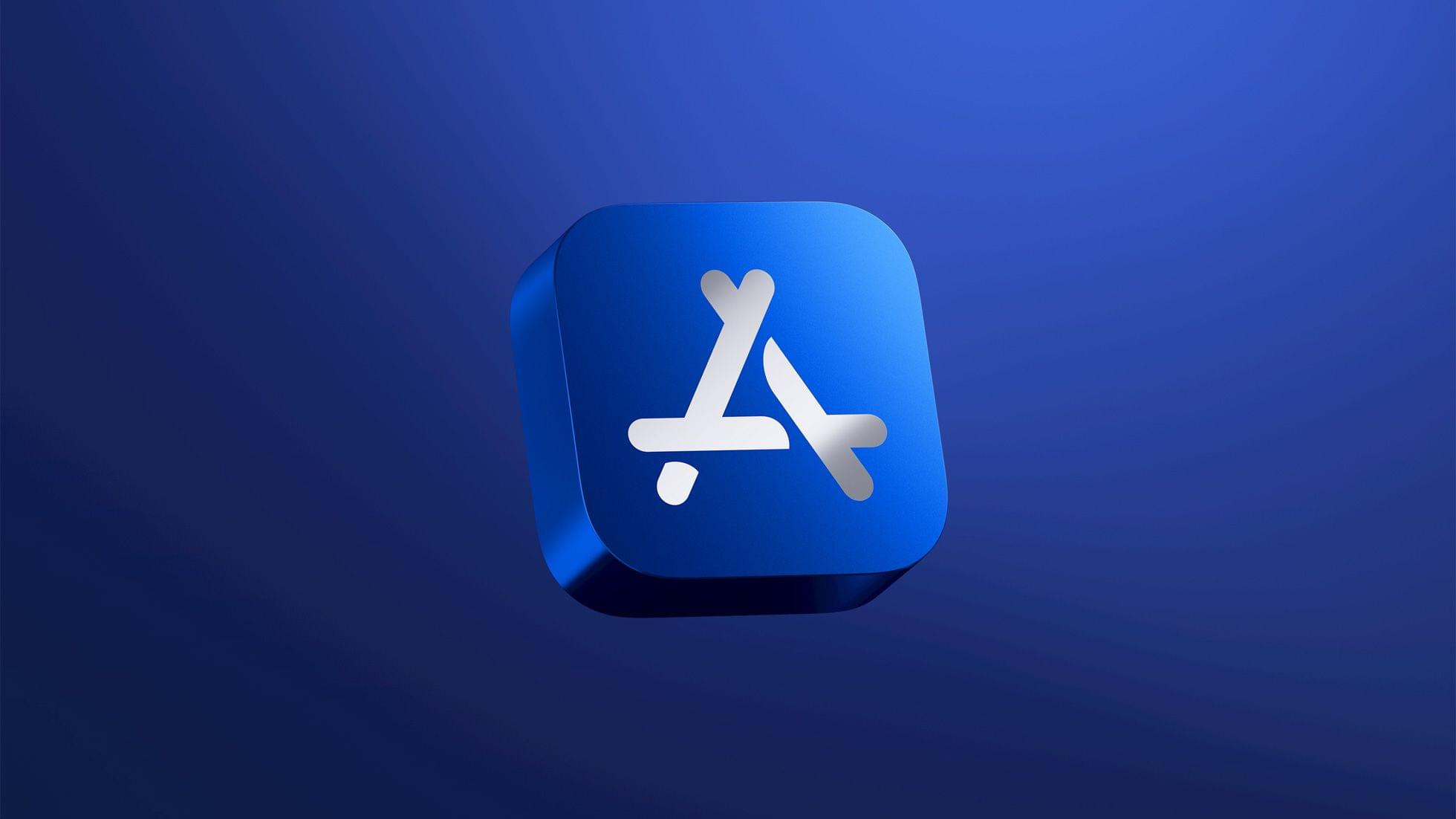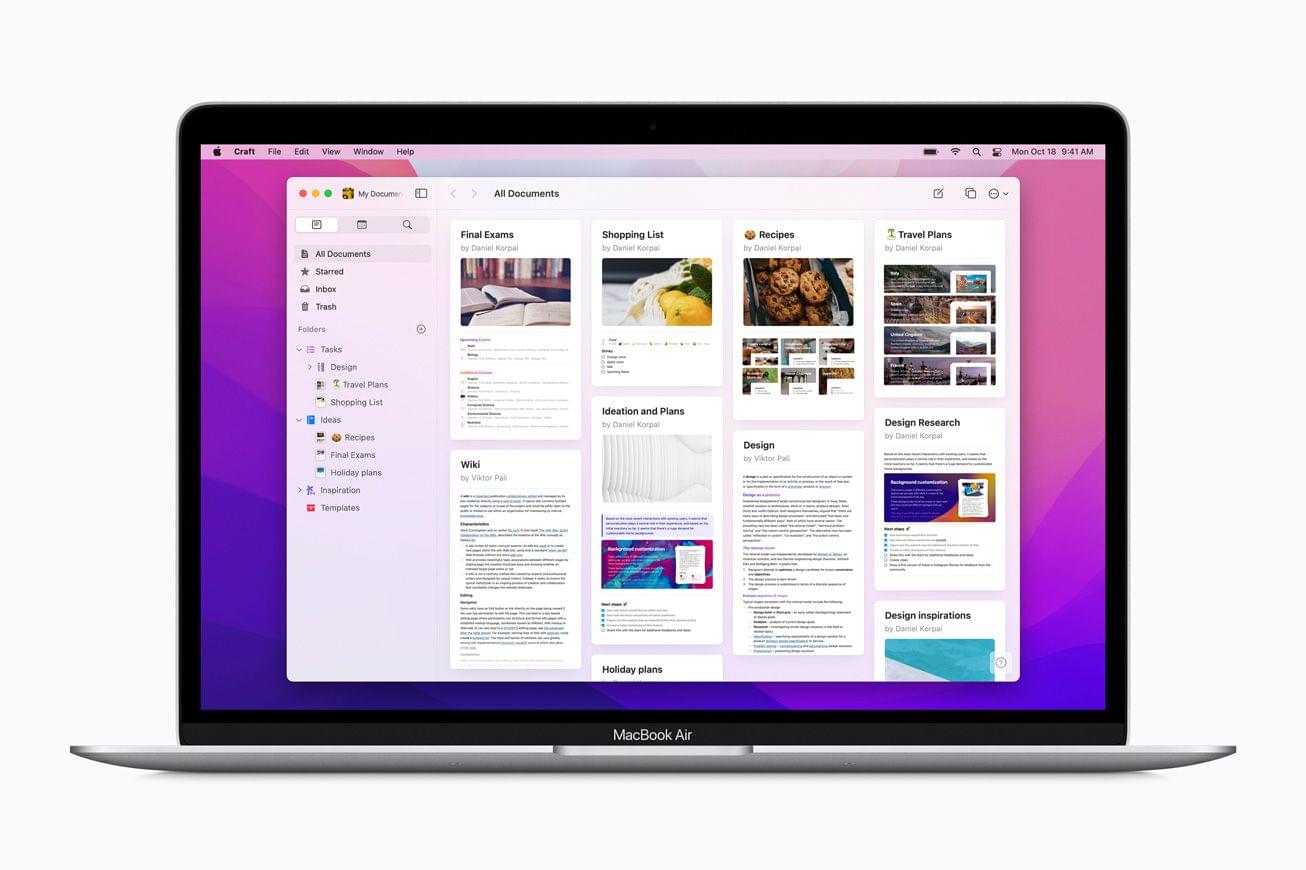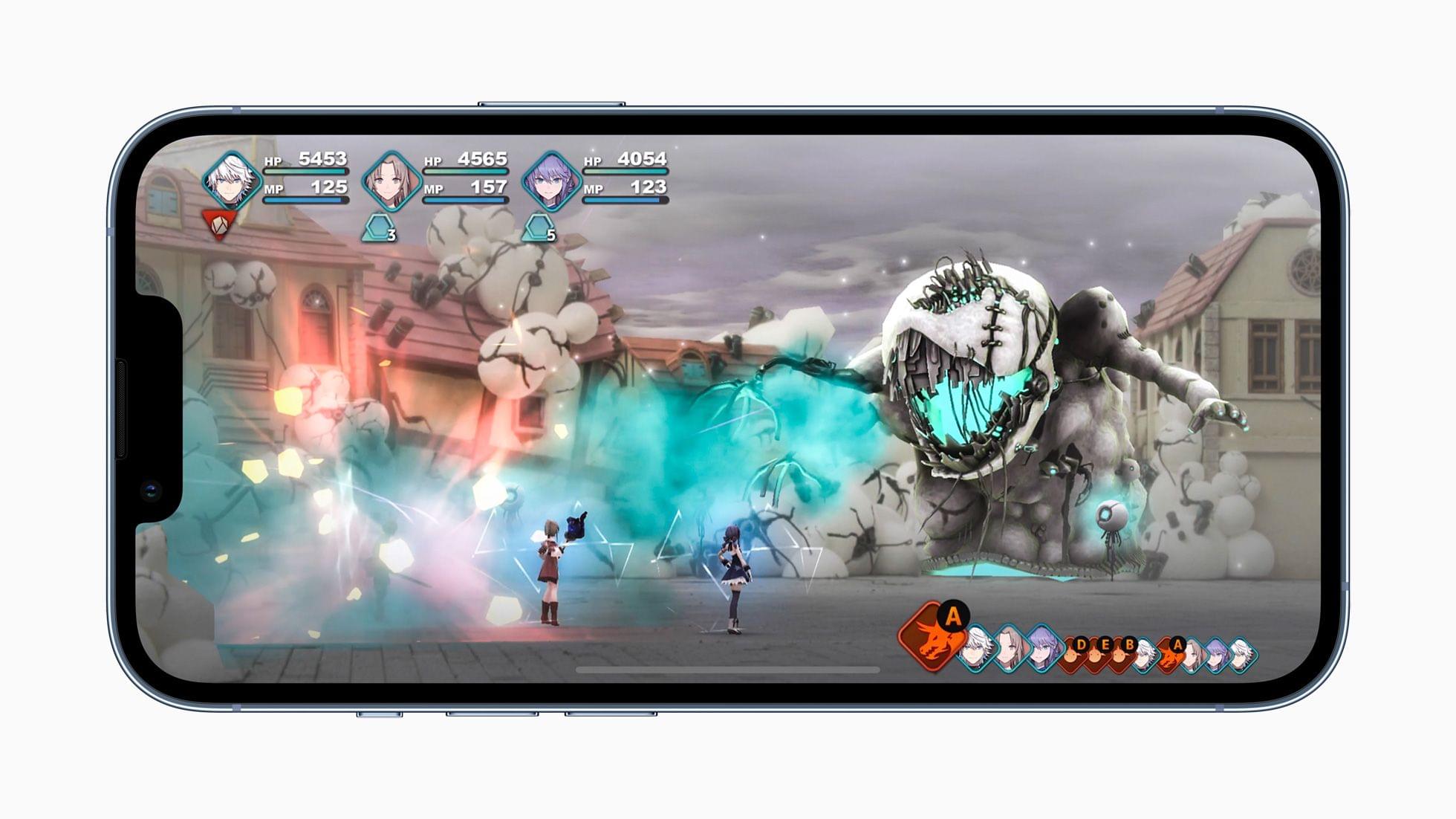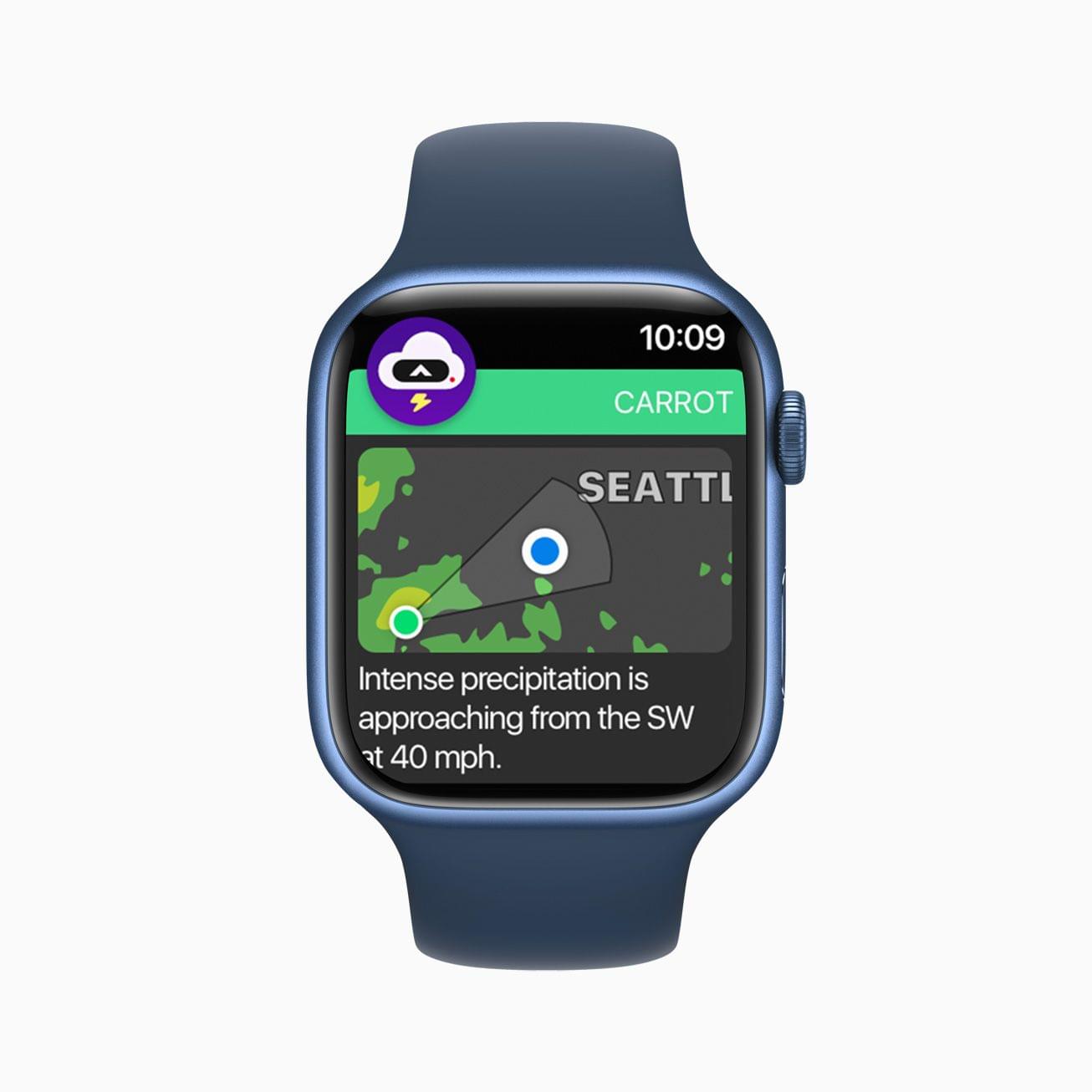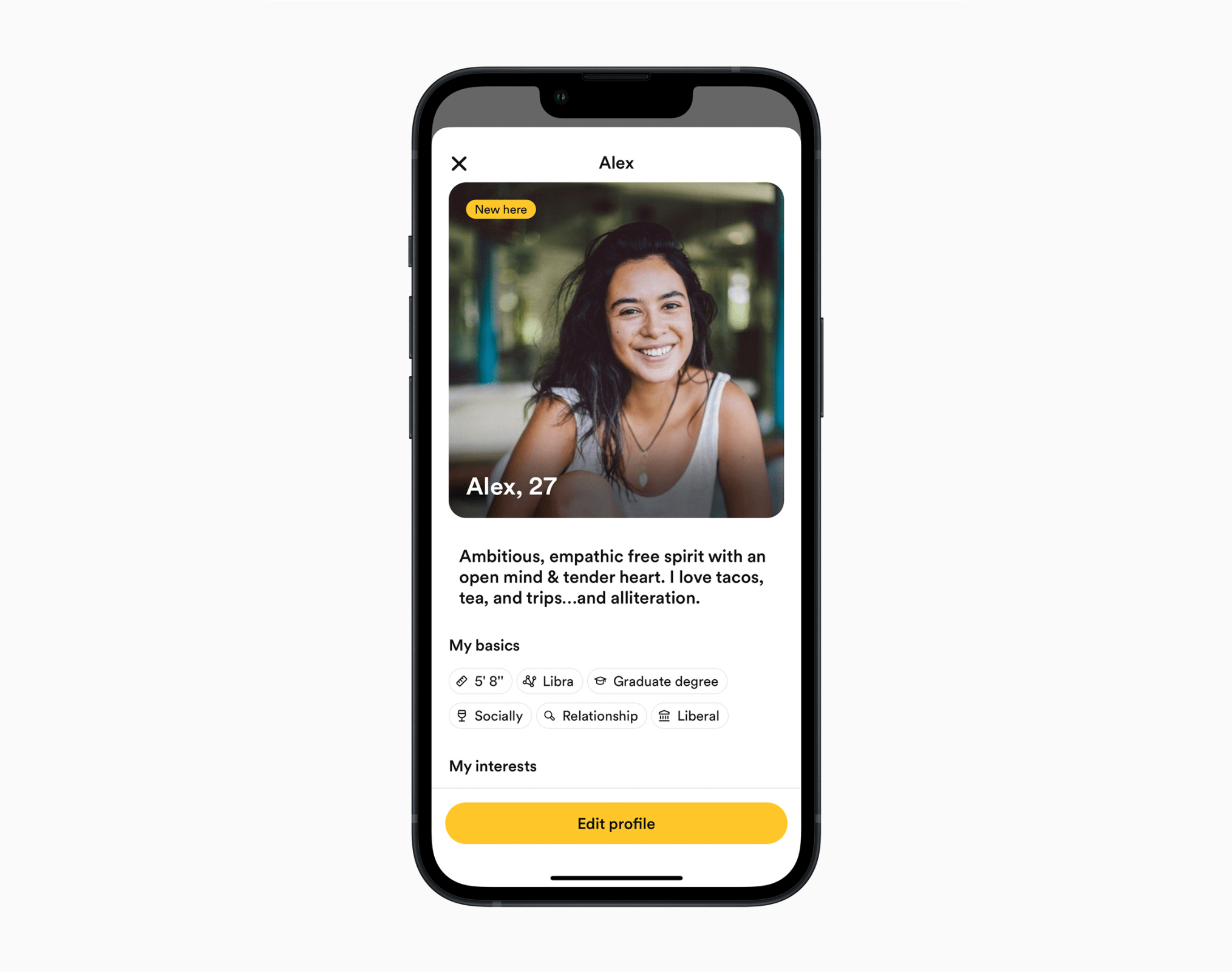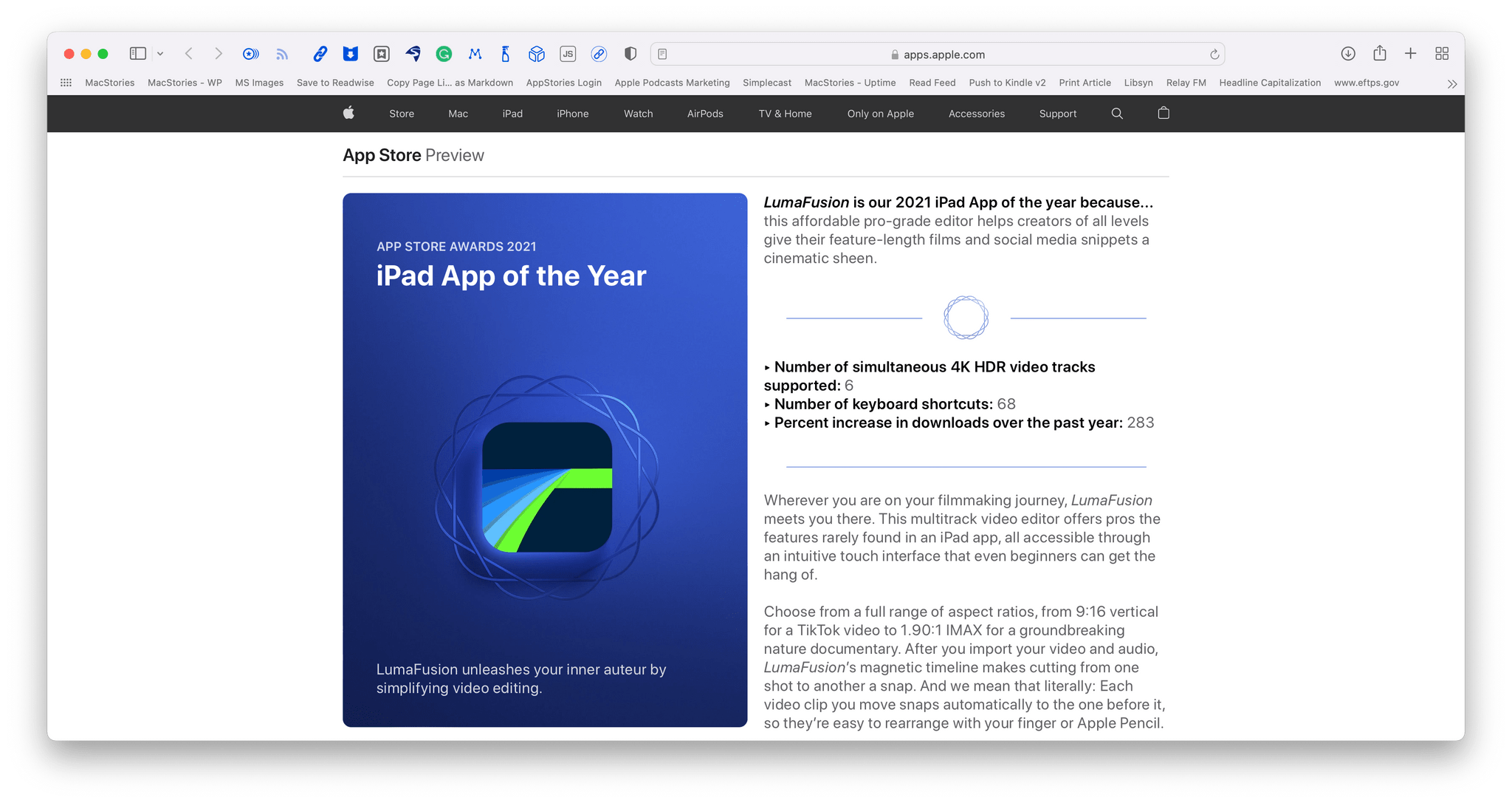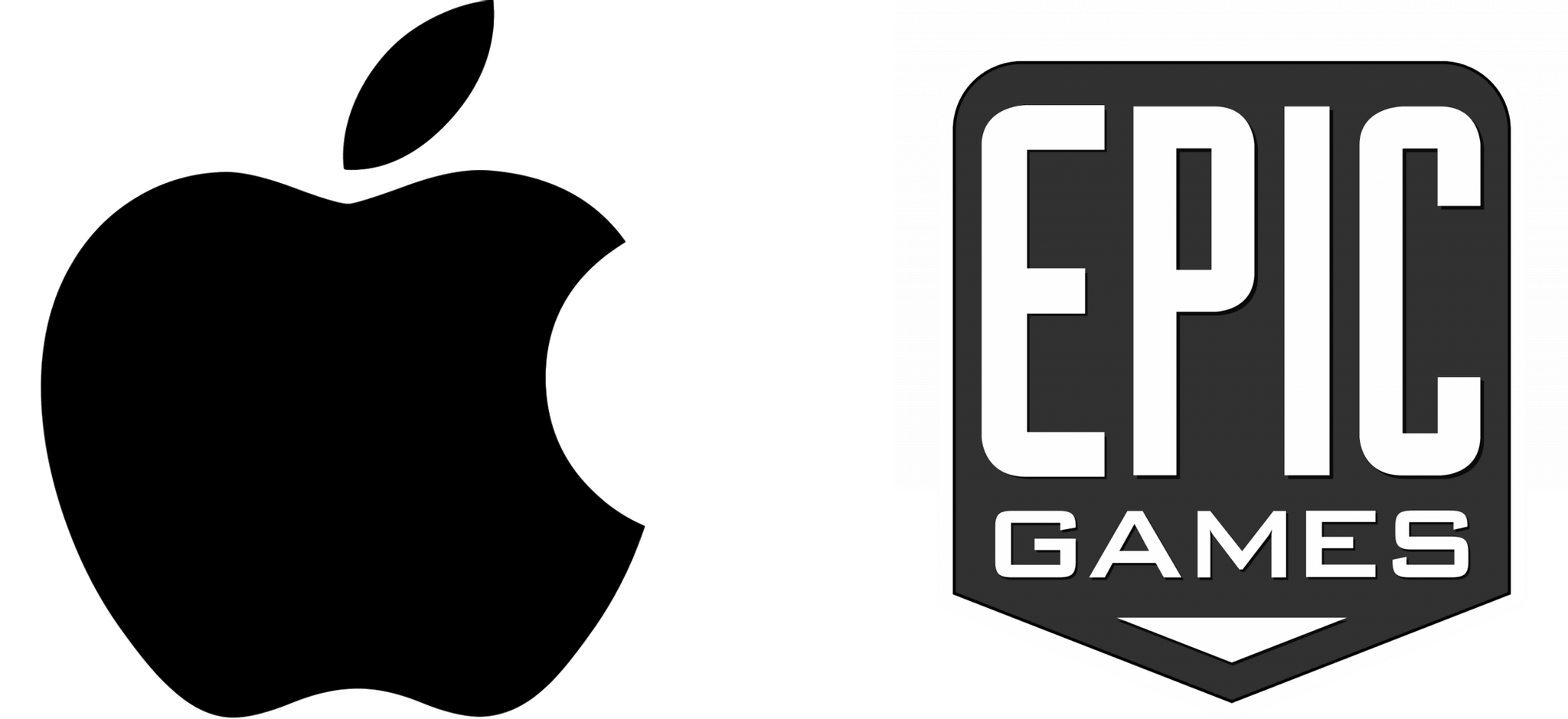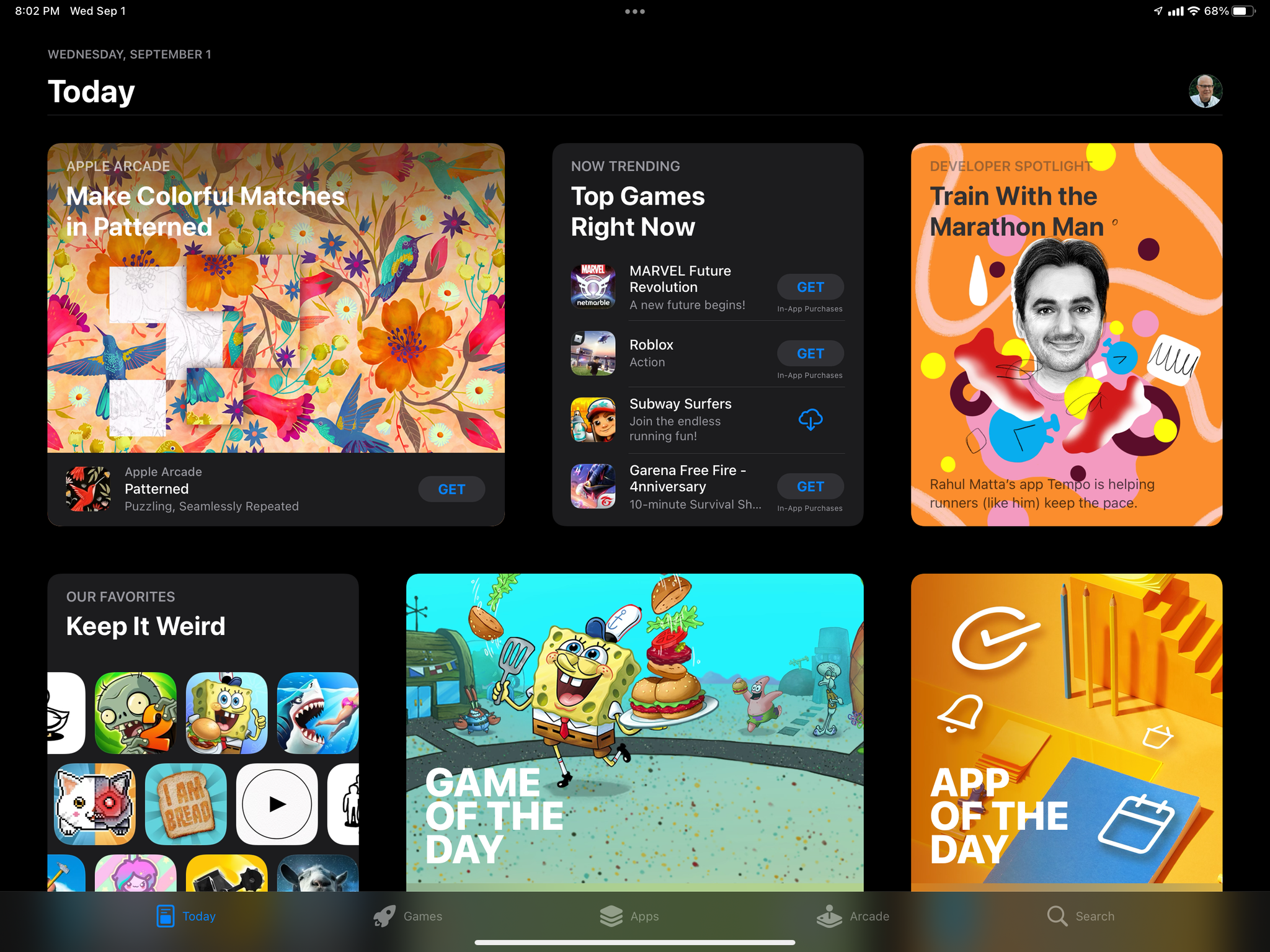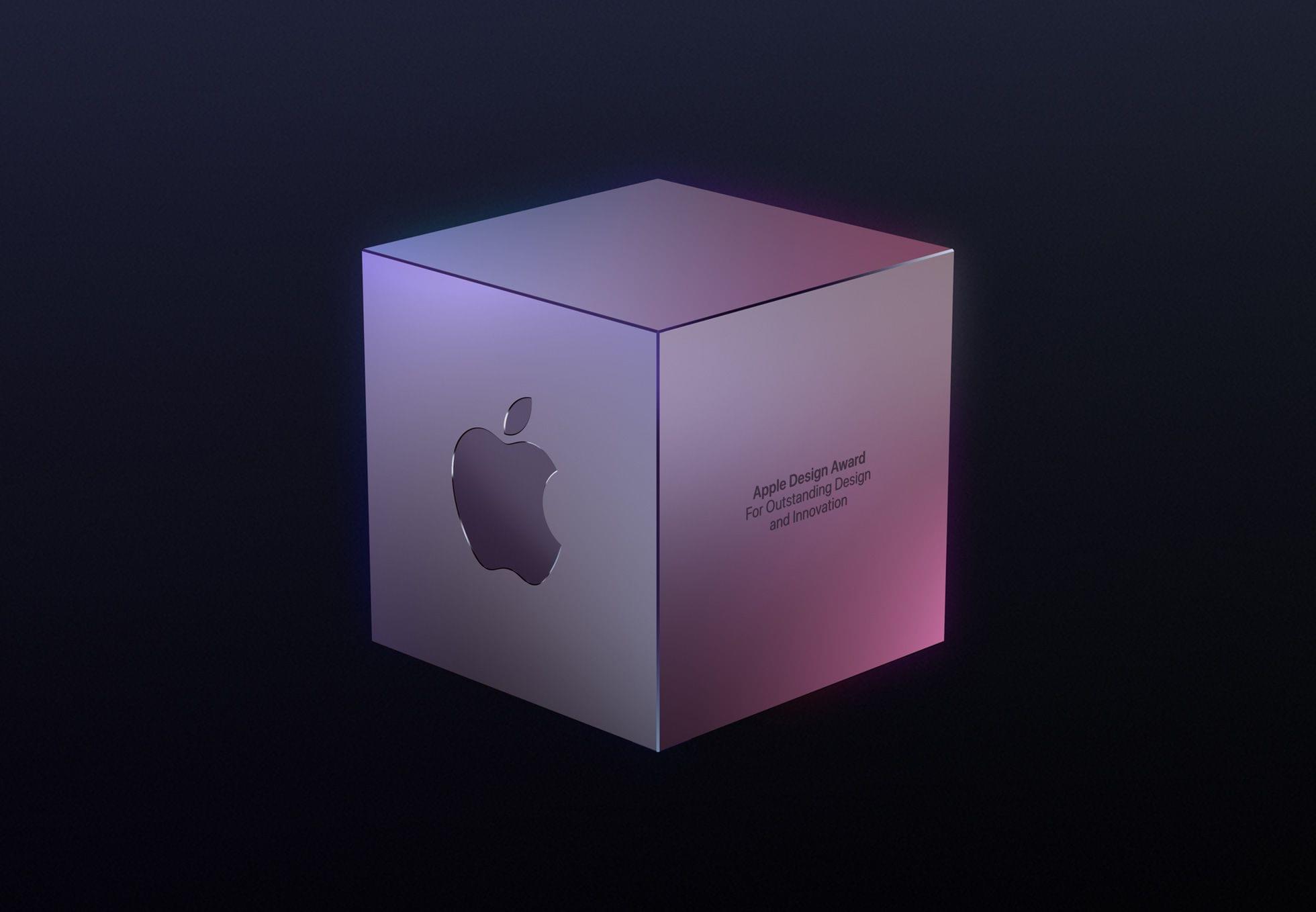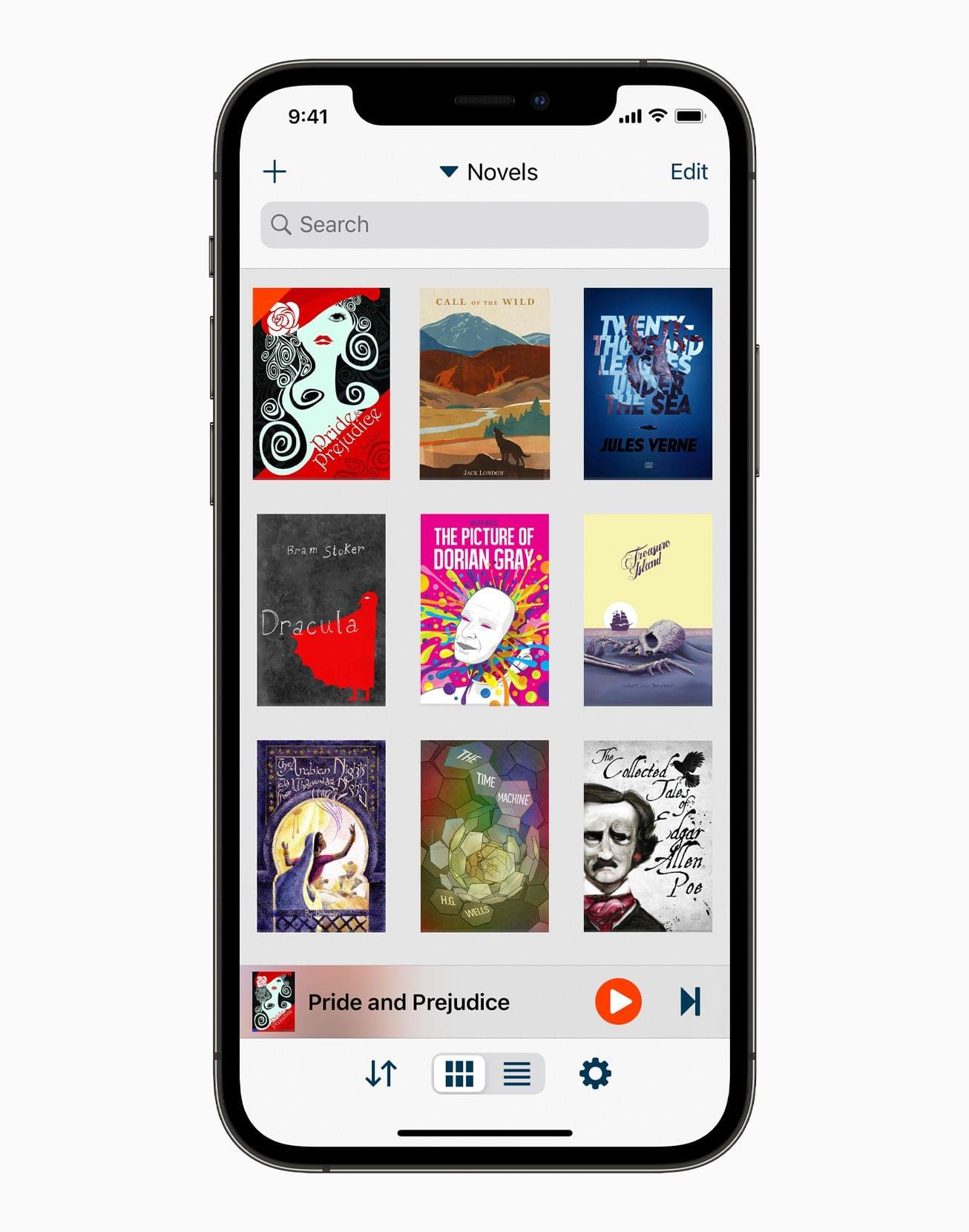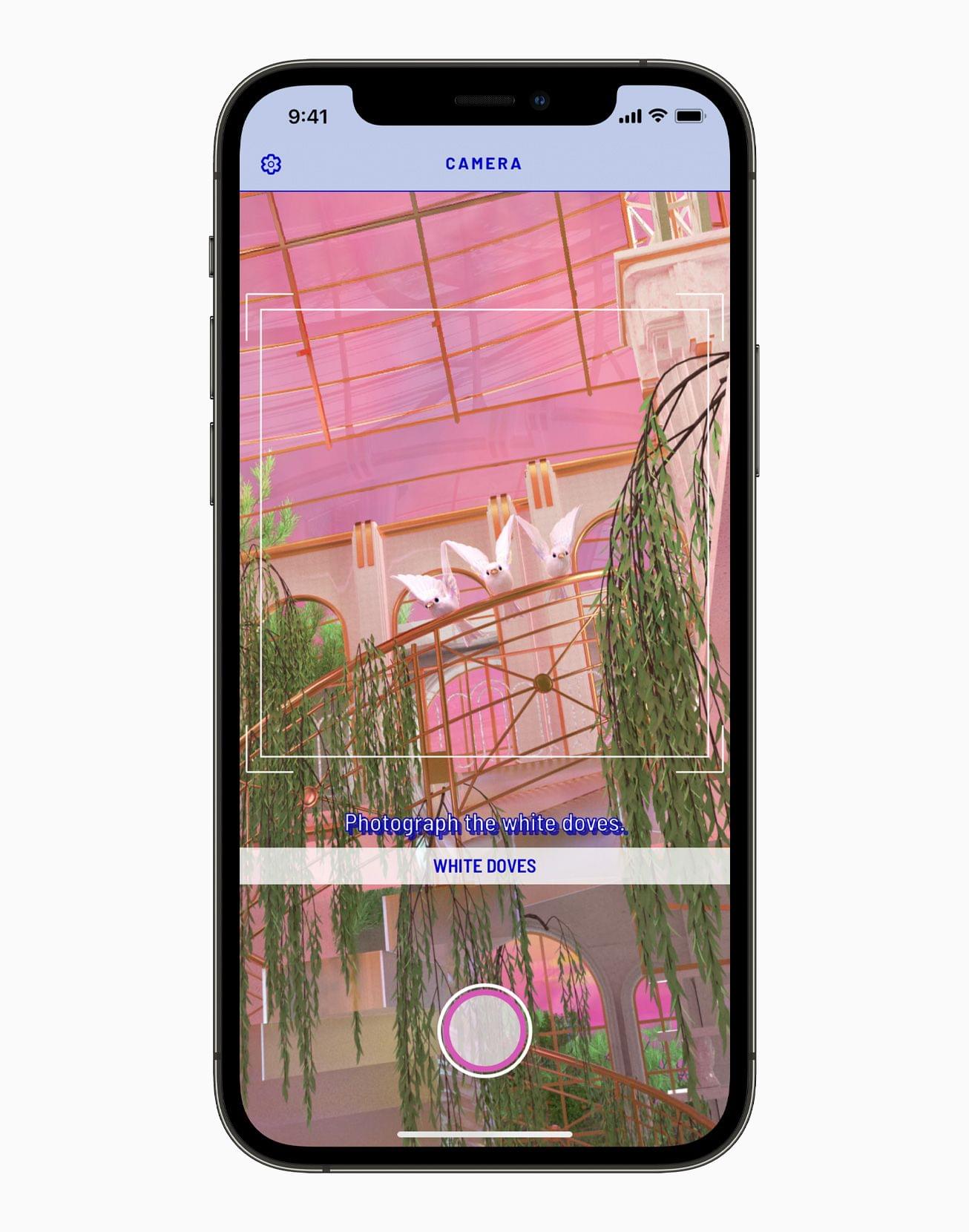It’s hard to believe that it’s been a decade since the drawing app Paper was released on the iPad. Andy Allen, a co-founder of FiftyThree, the company that released the app in 2012, marked the anniversary with a post on Andy Works that recounts the app’s origin story during the early days of the iPad.
According to Allen, Paper was born from the ashes of Microsoft’s prototype device called the Courier, which was never released:
While Paper was born in 2012, its roots go back a few years prior when we co-founders first met at Microsoft working on the idea for a new device called Courier. Before the iPad, this was a two-screen digital journal + pen with an entirely new OS and apps designed for a very un-Microsoft customer—creative types. Despite internal excitement for the product, Ballmer shut down Courier in 2010, and if it wasn’t for a leaked prototype video that caused a stir online, things might’ve ended there.
Allen’s post also describes the unconventional design decisions that drove Paper’s unique look and interaction model, which anyone interested in the history and process of app design will love. What really struck me, though, was Allen’s observations about the Paper’s resilience, which is more an exception than a rule:
Most apps from the early App Store-era that were hailed for their design are no longer with us (Path). Yet Paper is still here. And in much the same form as when it was first released having weathered the many tides of changing UI trends (flat design) and iOS updates. The same principles continued guiding it through new features, experiments, and even full rewrites. Every part replaced, yet its soul intact.
Yet, despite Paper’s longevity, even it isn’t immune from the impermanence of modern apps:
In writing this article, I wanted to get the original version of Paper 1.0 running on an old iPad. I tried for a full day but failed. A reminder that our work is transient—here for its moment and then gone.
I’m glad Allen shared these stories about Paper. Too many of the tales of the early App Store have already been lost, and Paper is an important milestone in that history that illustrates the kind of creativity and innovation that the iPad made possible.


